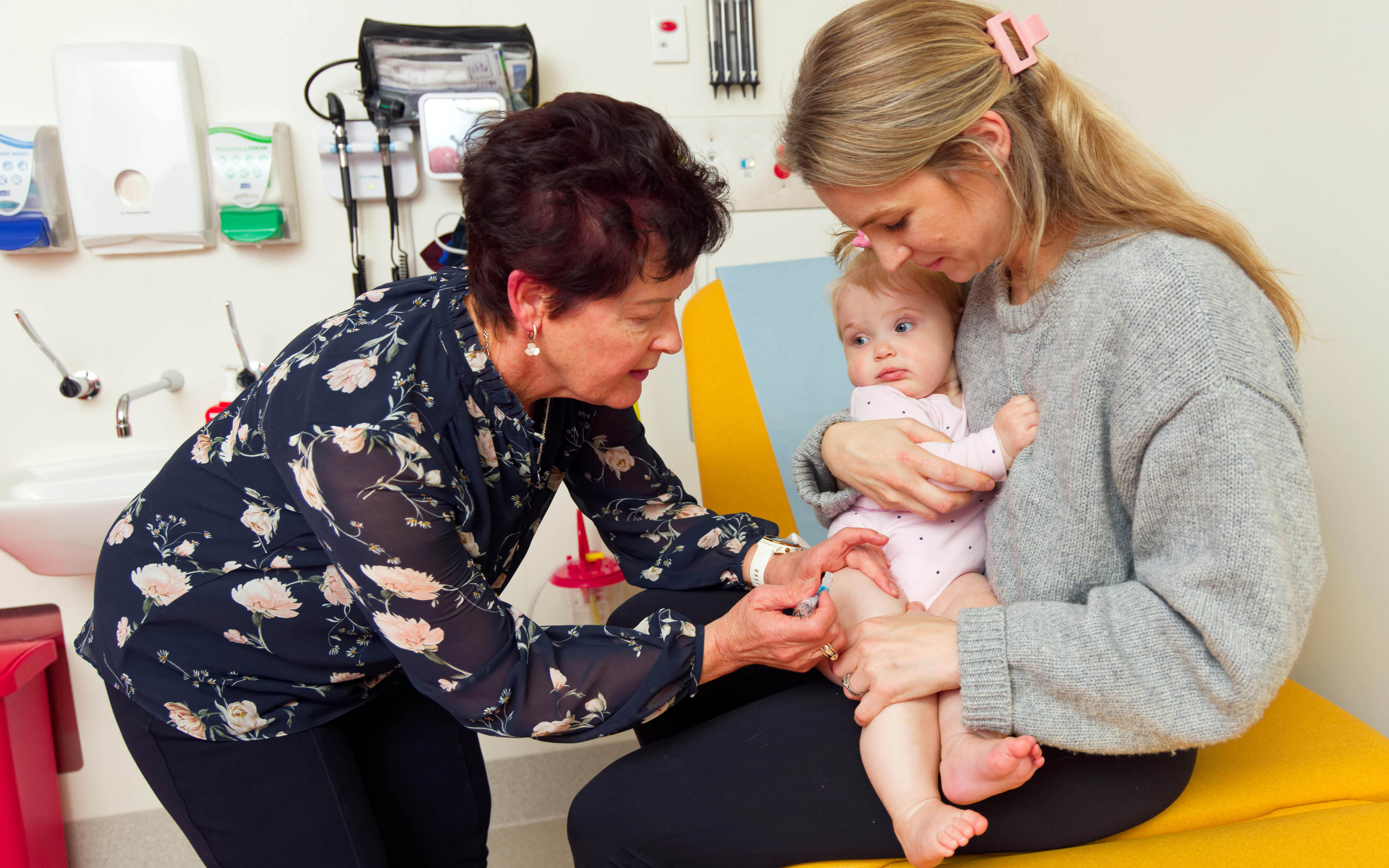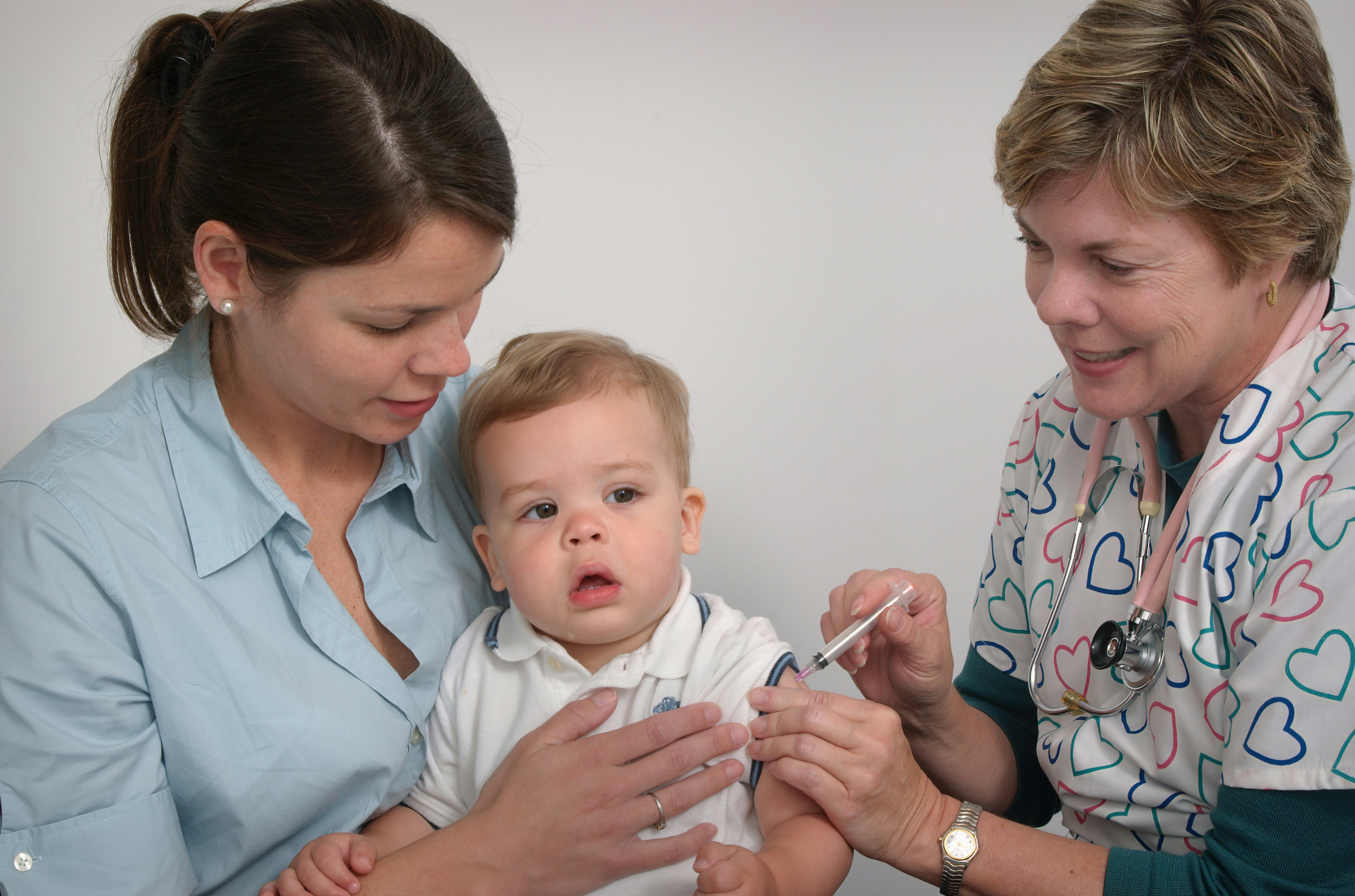Search
Research
Comparison of the immunogenicity and reactogenicity of a prophylactic quadrivalent human papilloma VirusWe conducted a noninferiority immunogenicity study to bridge the efficacy findings in young women to preadolescent and adolescent girls and boys...
Research
A comparison of booster immunisation with a combination DTPa-IPV vaccine or DTPa plus IPV in separate injections when co-administered with MMRThis study evaluated GSK's combined DTPa-IPV vaccine (Infanrix-IPV) given as a fifth consecutive acellular pertussis booster dose in conjunction...
Research
Toll-like receptor 2 ligands inhibit Th2 responses to mite allergenThere is intense interest in the interaction between microbial compounds and allergy.
Research
Immunogenicity and boosting following a reduced number of doses of a Pneumococcal Conjugate Vaccine in infants and toddlersThe minimum number of doses of pneumococcal conjugate vaccine required for protection is not known. We studied the immunogenicity of a reduced schedule in...
Research
Safety and immunogenicity of a combined DTPa-IPV vaccine administered as a booster from 4 years of age: a reviewA combined DTPa-IPV booster vaccine was administered as a 4th or 5th dose after DTPa or DTPw priming.

The mission of the Vaccine Trials Group is to improve the health of the community through immunisation and the prevention of infectious diseases.

People
Professor Christopher BlythCentre Head, Wesfarmers Centre of Vaccines and Infectious Diseases; Honorary and NHMRC Career Development Fellow, Paediatric Infectious Diseases Physician and Clinical Microbiologist


News & Events
The Kids researchers help quantify global impact of life-saving vaccinesResearchers at The Kids Research Institute Australia have helped map the global impact of life saving vaccines to mark the 50-year anniversary of the Expanded Programme on Immunisation (EPI).

News & Events
Clinical trial to examine whether “mixing” COVID-19 vaccine boosters is more effectiveTop infectious disease experts in Australia will lead a clinical trial to determine whether combining different Covid-19 vaccines in the nation’s booster immunisation will increase effectiveness.
